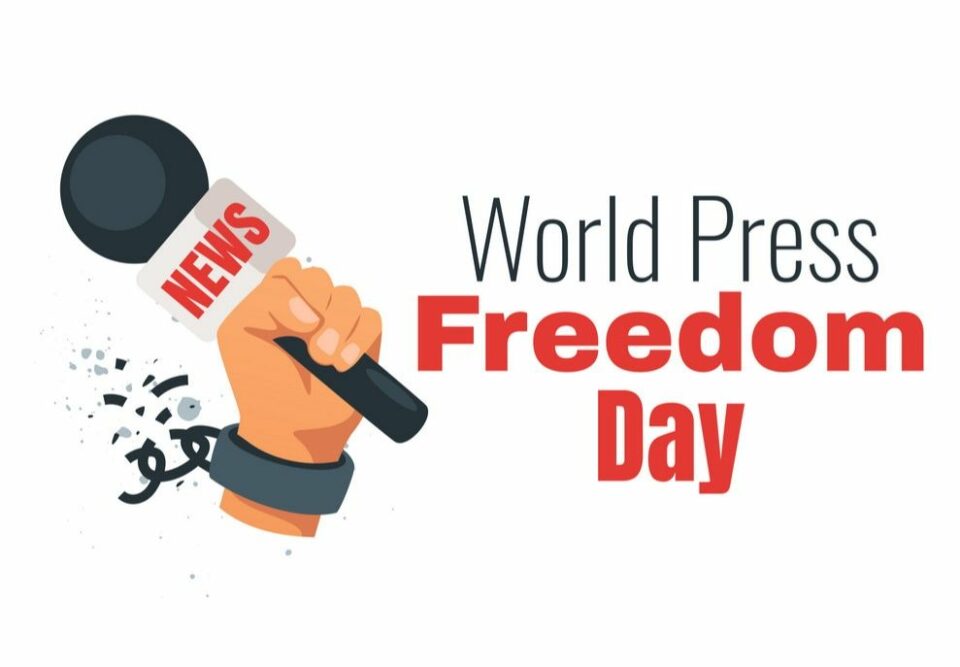

 On the occasion of World Press Freedom Day 2025, the international community is focusing on the growing impact of Artificial Intelligence (AI) on journalism and press freedom. As AI-powered tools reshape how news is produced and shared, serious concerns are being raised about their misuse. Meanwhile, Ethiopia has slipped in the global press freedom rankings, and Eritrea maintains its position as the most repressive country for journalists.
On the occasion of World Press Freedom Day 2025, the international community is focusing on the growing impact of Artificial Intelligence (AI) on journalism and press freedom. As AI-powered tools reshape how news is produced and shared, serious concerns are being raised about their misuse. Meanwhile, Ethiopia has slipped in the global press freedom rankings, and Eritrea maintains its position as the most repressive country for journalists.
On May 3, 2025, the world marked World Press Freedom Day under the theme: “Reporting in the Brave New World The Impact of Artificial Intelligence on Press Freedom and the Media.” This year’s observance highlights how AI is transforming the media landscape, while raising urgent questions about ethics, accountability, and the future of journalism.
To delve deeper into these issues, UNESCO will host the official global event on May 7, 2025, at the Bozar Centre for Fine Arts in Brussels, bringing together journalists, policymakers, media professionals, and civil society representatives.
Why this theme?
Because AI is changing journalism at a rapid pace improving efficiency, enabling multilingual access, enhancing data analysis, and supporting investigative work and fact-checking. Yet, these advancements come with serious risks: AI-generated misinformation, deepfake technology, biased content moderation, journalist surveillance, and uncertain business models that threaten fair compensation for media content.
Against this backdrop, press freedom continues to decline worldwide. The latest World Press Freedom Index, released by Reporters Without Borders (RSF) on May 3, paints a worrying picture: press freedom is at an all-time low globally.
In this year’s rankings, Ethiopia dropped four spots to 145th place out of 180 countries, reflecting ongoing challenges for journalists in the region. Eritrea, Ethiopia’s neighbor and a long-time suppressor of press freedom, once again ranks dead last at 180th, maintaining its position as the most repressive country for the press.
Faced with these developments, the international community must ask: How can AI be governed in a way that upholds democracy instead of undermining it? How can journalists be protected in a world where technology can be both a tool and a threat?
These questions lie at the heart of this year’s World Press Freedom Day.
Ermias Tilahun | Correspondent




